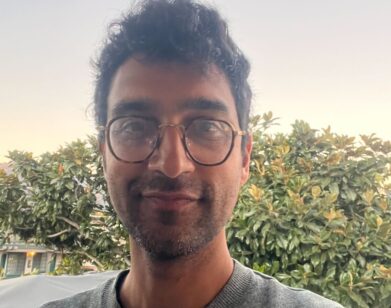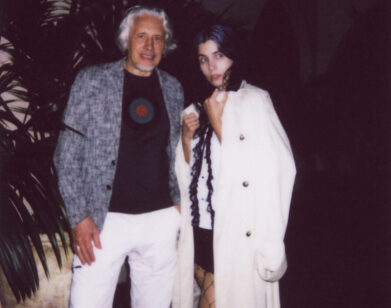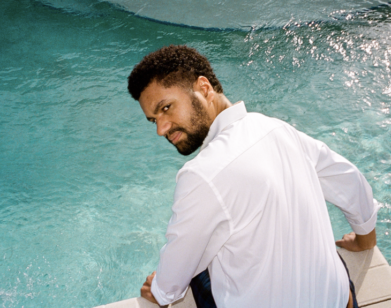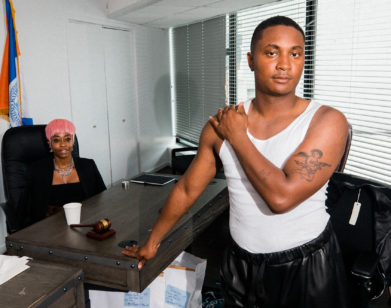Ask a Sane Person: David Shimer on the 2020 Election and Russian Interference
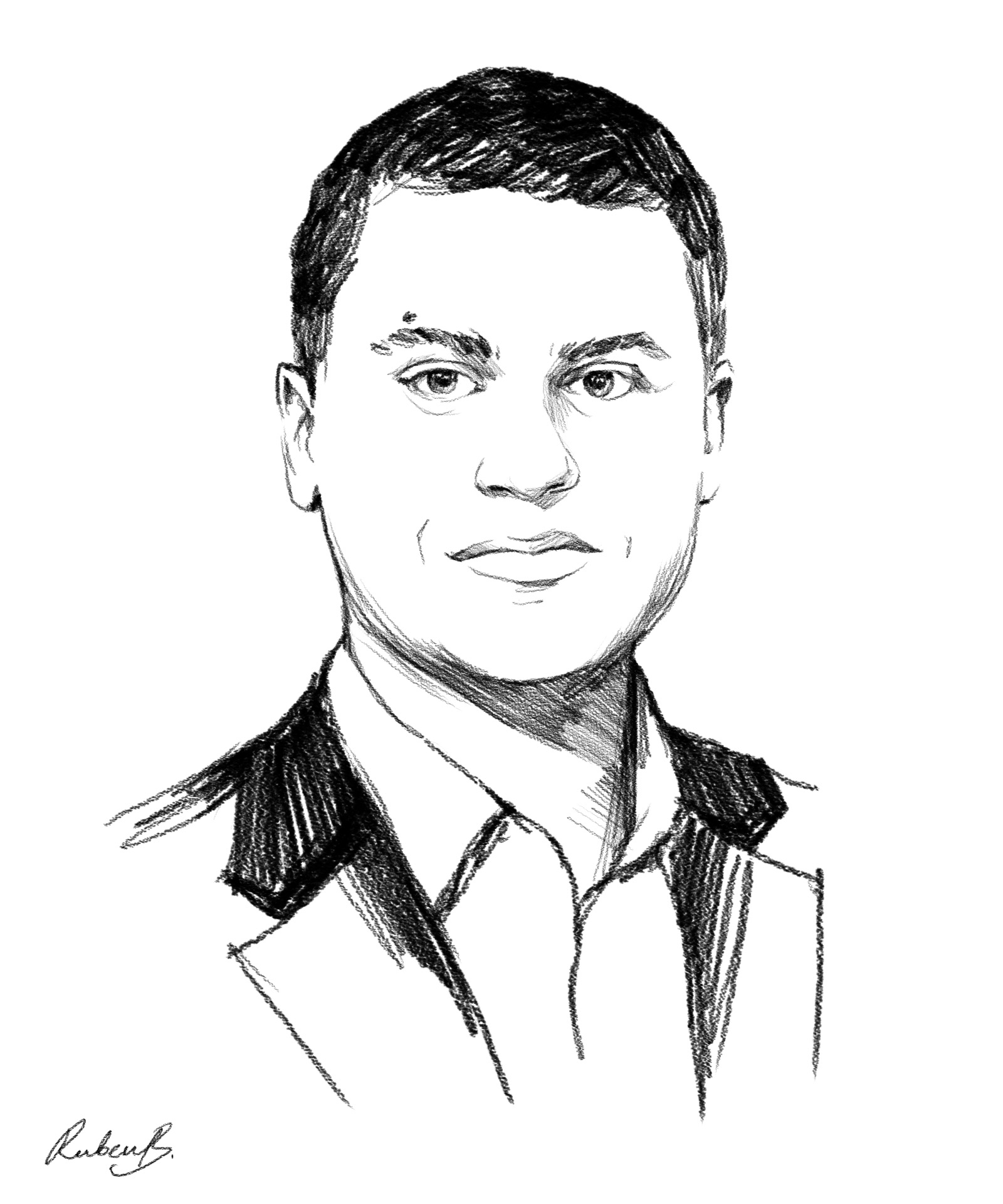 Consider us warned. In his new book Rigged: America, Russia, and One Hundred Years of Covert Electoral Interference, out July 1, the journalist and historian David Shimer paints a sweeping social-political panorama of the ways in which Russia has used covert operations—from the Cold War to the rise of Putin—to undermine and influence American democracy. Between preparing for the release of this necessary book and insisting that the 2020 election is far from safe, he’s still finding time to disconnect.
Consider us warned. In his new book Rigged: America, Russia, and One Hundred Years of Covert Electoral Interference, out July 1, the journalist and historian David Shimer paints a sweeping social-political panorama of the ways in which Russia has used covert operations—from the Cold War to the rise of Putin—to undermine and influence American democracy. Between preparing for the release of this necessary book and insisting that the 2020 election is far from safe, he’s still finding time to disconnect.
———
INTERVIEW: Where are you and how long have you been isolating?
DAVID SHIMER: Like most people I know, I’ve been isolating since March. I spent the first few months of quarantine with my family. Last weekend, I drove by myself to New Haven, Connecticut, which is where I’ll spend the summer.
INTERVIEW: What good can come out of this lockdown?
SHIMER: I hope that the pandemic has reminded all Americans that good governance matters, that voting matters, and that facts and expertise matter. Democracies benefit when their citizens are engaged.
INTERVIEW: What has been your daily routine during this time?
SHIMER: The first thing I do when I wake up is go for a run, which is surprising to anyone who knows me, because I hated running growing up. But when I began writing my book last summer, a friend suggested that I take it up. So I started running every morning and now I have trouble functioning if I don’t. Other than that, I spend most of my time writing and editing, FaceTiming with friends and family, and drinking lots of decaffeinated black tea.
INTERVIEW: Describe the current state of your hair?
SHIMER: I hate when my hair gets long, so a few weeks ago I took matters into my own hands and gave myself a haircut. It didn’t go well, per se, but it definitely could have gone worse.
INTERVIEW: On a scale of 1 to 10, what is your level of alarm about the current state of the world?
SHIMER: It’s up there. On top of all of the challenges before us right now, I worry that state and federal officials are not preparing for how to hold a safe and secure election this fall amid a pandemic.
INTERVIEW: How do you personally channel your alarm?
SHIMER: So many items in the news today should be seen as calls to action. I’m especially concerned that our government is not working to defend against foreign interference in the fall election. If other countries can divide us and choose our leaders, then our democracy is destined for dysfunction and chaos. As for how I have channeled my alarm, I wrote a book about the history of covert operations to interfere in elections, why Russia is seeking to undermine our democracy, and what we can do about it.
INTERVIEW: Do you work best alone or in a group?
SHIMER: I struggle to write when I’m around friends or when I’m surrounded by silence. Before quarantine, I worked almost exclusively in coffee shops by myself. I wrote more or less my entire book in a few cafes within walking distance of each other. I got to know the baristas and other regulars at those places, so I was working alone, but in familiar and comfortable environments.
INTERVIEW: What thinkers have you taken comfort in of late and why?
SHIMER: Anne Applebaum, Timothy Snyder, and Masha Gessen have helped me make sense of our current moment. Their analysis isn’t necessarily comforting, but it is clarifying.
INTERVIEW Which (admittedly totally unqualified) celebrity would you trust with the planet’s future?
SHIMER: Ian McKellen saved Middle Earth, so I’d trust him with planet Earth. Also, my gut says that Emma Watson would do an excellent job stewarding our collective future.
INTERVIEW: If you could stop time at one particular moment in your life, which moment would it be?
SHIMER: After graduating from college, my twin brother and I spent about a month road-tripping through New Zealand, which is the most stunning place I’ve ever been. I’d love to go back to that.
INTERVIEW: What’s one skill we should all learn while in quarantine?
SHIMER: I’ve been trying to disconnect from technology for a few hours every day. For me, that’s meant going on hikes, reading books, and playing lots of Scrabble with my family. Now that I’m back in New Haven, though, we’ve actually transitioned to playing Words with Friends, which has made me spend more rather than less time on my iPhone. So clearly I have more work to do on this front.

